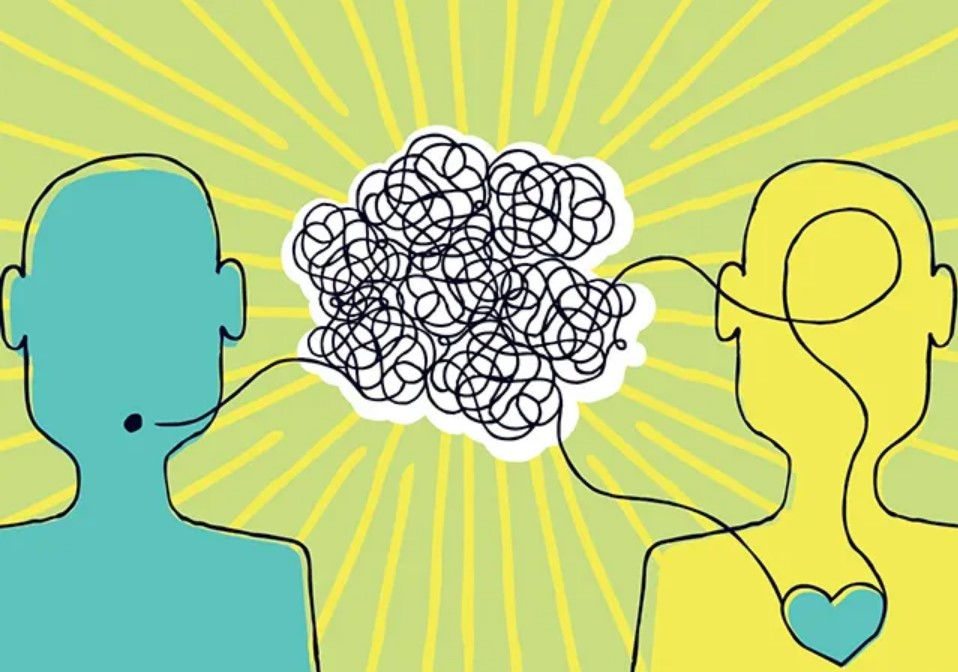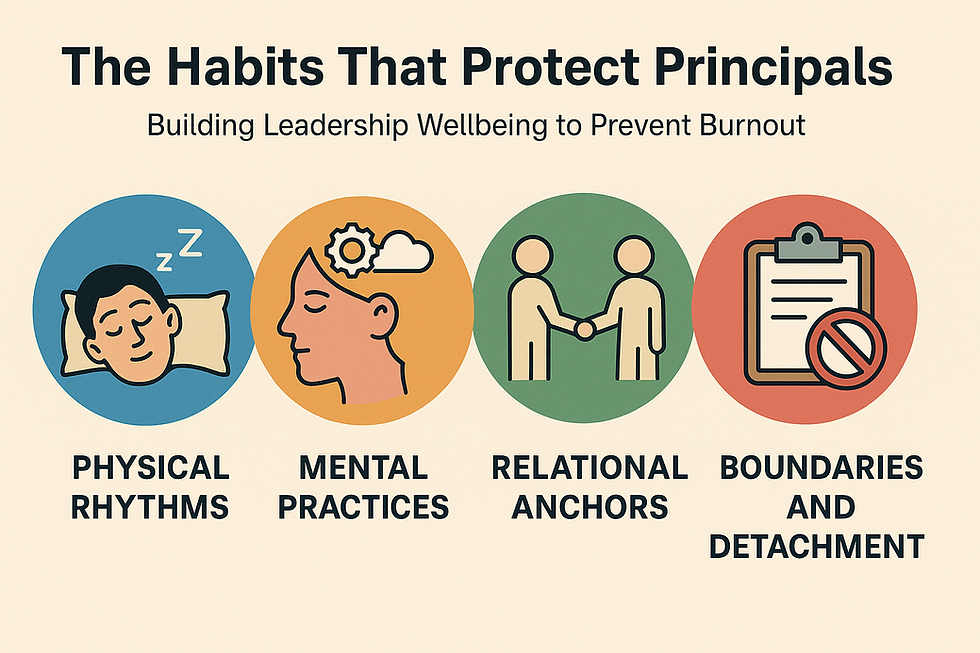Ask. Listen. Connect.
- Geoff McLachlan

- Jul 30, 2023
- 3 min read
Humans are programmed for connection. It is not a want. It is a need as a species. Without it we are doomed. This is why solitary confinement is the worst punishment we can inflict on a person. In education we know that learning occurs when the student knows the teacher cares. But what about the teachers and staff?
Does connection to other staff influence how a teacher shows up for their classroom? Absolutely! Vivek Murthy, the 21st Surgeon General of the United States, wrote in his book, Together, “At any moment, about one out of every two Americans is experiencing measurable levels of loneliness.” Loneliness is more than just a bad feeling. People who feel disconnected are at higher risk of anxiety and depression, heart attacks, stroke and dementia. Dr. Murthy even says, "The increased risk of premature death associated with social disconnection is comparable to smoking daily and may be even greater than the risk associated with obesity."
Think about that.

Social connection is key to physical, mental, and emotional health! I don't know what your school is like, but every school that I have worked with since the Covid-19 pandemic has had a significant increase in anxiety, depression and stress for teachers, students (and families), and administrative teams. Tragically, I even worked at a school last year where the vice principal died by suicide at mid-year. The loss was devastating to the entire community, and no one knew why, as is often the case. He was well liked by his peers, and everything seemed to be going well. We never really know how another human is doing until we start to really dig in, ask questions, and when we are vulnerable ourselves.
As leaders in schools, it is our responsibility to help create an environment where students and staff feel seen and heard and that they are connected to a community that cares. This is a massive undertaking. Leaders, you need support and people that care about you as well. We cannot do this alone. So how do we do this?
The following is based off the models by Brian Fretwell at Finding Good. Based on neuroscience and the work of Dr. Matthew Lieberman as well as Dr. Vivek Murthy, there are simple adjustments we can make in our conversations that have a significant impact on the social relationships we are striving for. Instead of asking “How’s it going?” and getting the traditional “Fine” response. Ask “What’s something good that has happened this week?” The simple change creates a neural connection domino effect that helps lead to connection. Brian Fretwell of Finding Good has been using these techniques to great success with educators in classrooms, schools and communities. I highly recommend checking out his work. They are truly transformational. When we ask and listen we fulfill the requisites to connect with people.
A big part of why it works is that we are assuming (I know we usually get in trouble for this), that something is going good for the person we are speaking with. We also get to see what matters to them, and we gain a deeper understanding of that person based on their answer. Simple and easy. If you allow yourself to keep asking questions you can get into a deep conversation pretty quickly. Simply changing the way we ask a question has a deeper impact on the person but also helps us to connect on a deeper level. Give it a try with the next person you want to connect with. I am sure you will be surprised by the answers and conversations you will start having. And please go check out Finding Good. They are doing wonderful work for educators and communities.
All the Best,
Geoff McLachlan, Founder | CEO
Photo Credit: The Art of Listening



Comments